Today we will learn how to use the word بِتاع in Egyptian Arabic.
!سلامو عليْكو Welcome to my lesson on how to use a very important word in Egyptian Colloquial Arabic!
!يَلّا بينا (Let’s go!) First of all, the word بِتاع bitā3 is mainly used as a noun, which means it comes in three forms:
- بِتاع bitā3 (مُفْرد مُذكّر singular masculine)
- بِتاعه bitā3a (مُفْرد مُؤنّث singular feminine)
- بِتوع bitū3 (جمْع مُذكّر plural masculine)
There are three ways in which this word can be used in Egyptian Arabic:
1. Possessiveness
بِتاع is used to express possessiveness (possession) or relevance, in which case it can be translated as “of.”
.الكِّتاب ده بِتاعى
This book is mine.
.ده الكِّتاب بِتاعى
This is the book that is mine.
So, when we change the position of the world ده, the meaning changes a little bit. So, الكِّتاب ده بِتاعى This is my book. And ده الكِّتاب بِتاعى This is it. This is the one. This is the book that is mine.
.الكِّتاب ده بِتاعى، و ده كِتاب اخويا
This is my book, and this is my brother’s.
So, here, in the first part of the sentence, I use the word بِتاع. This is how I express possession. This is how I say that I own this book. In the second part of the sentence, ده كِتاب اخويا, I just used حالِة الاِضافه (the genitive case). So, it’s like saying “This is the book of my brother.”
الدَّوا ده بِتاع مين؟
Whose medicine is this?
.الرّوچ ده مِش بِتاعى
This lipstick is not mine.
.الكِّريم ده برْضو مِش بِتاعى
This cream is also not mine.
.فُرْشِاة السِّنان دى بِتاعْتُه
This toothbrush is his.
الكّوبّايِه دى بِتاعِة مين؟
Whose glass is this?
.مِش بِتاعِة حدّ
It belongs to no one. (It means you can use it.)
.كُلّ دوْل بِتوعى
All of these are mine.
But it’s not always going to refer to real possession, so we can say, for example:
.ده المُدرِّس بِتاع العربى
This is the Arabic teacher / the teacher of Arabic.
So, here, we can say that it just refers to relevance. Okay, so this was the first way we use the word بِتاع.
2. Thing
Let’s now learn the second meaning of this word in Egyptian Arabic: “thing.” So, you would use it this way:
- when you can’t remember a word for something (thingy, thingamajigger, whatchamacallit)
- when you don’t want to mention the word for something, for whatever reason
- when you don’t know the word for something in the first place
Sometimes, you may know the word, but you’re just too lazy to use it. Anyway, let’s take examples:
هِيَّ فيْن البِتاعه الزّرْقا دى؟
Where is that blue thing?
ايْه البِتاعه الزّرْقا دى؟ بِتاعِة ايْه؟
What blue thing? What is it (used) for?
.بنْقِل بيها الصُّوَر لِلكُمْبْيوتر
I transfer pictures with it to the computer.
آه الرّيدر؟
Oh, the “reader” (flash drive)?
!اَيْوَه
Yes!
Let’s take a closer look:
هِيَّ فيْن البِتاعه الزّرْقا دى؟
Where is that blue thing? هِيَّ means “she,” but, here, it’s just used to catch someone’s attention, to start the sentence. فيْن = where. البِتاعه = the thing (feminine). الزّرْقا = the blue (feminine). دى = this (feminine).
ايْه البِتاعه الزّرْقا دى؟ بِتاعِة ايْه؟
What blue thing? What is the blue thing? بِتاعِة ايْه يَعْنى؟ What is it used for? Or, what is it related to? So, in this sentence, we used both ways or both meanings. When I said البِتاعه دى, here, البِتاعه means “something.” And then when I said بِتاعِة ايْه؟, here, I used the first meaning. بِتاعِة ايْه؟ What is it for? بنْقِل بيها الصُّوَر. First, بنْقِل = I transfer. The verb is نقل/يِنْقِل. And بيها = with it or by it. الصُّوَر = the pictures. لِلكُمْبْيوتر. And لِـ is to (the computer). آه الرّيدر؟ = Oh, the reader? !اَيْوَه = Yes! !شُكْراً = Thanks!
Let’s take one more example:
فيْن البِتاع؟
Where is the thing?
بِتاع ايْه؟
What thing?
!البِتاع
The thingy!
.آه، فى المطْبخ
Oh! In the kitchen.
So, here, I’m just using the word “thing” because I don’t want to say what this thing is. Maybe there are people sitting or something, and I don’t want to let them know what this thing is.
And before we go to the third meaning, let’s take one more example:
ايْه البِتاع ده؟
What’s this thing?
.آه، روچ
Oh, lipstick.
3. And Stuff
Finally, let’s take the third way in which we use the word بِتاع in Egyptian Arabic: “and stuff.” It is just used to refer to things that are similar to the thing that was just mentioned. Here’s an example:
قالّك ايْه؟
What did he tell you?
.قالّى: لأ، و بِتاع
He said, “no” and stuff.
So, I said و بِتاع to give the impression that لأ no was not the only thing he said. He said many things, and the bottom line is that he said no. This could be part of a song. 🙂
!بسّ كِده That’s it!


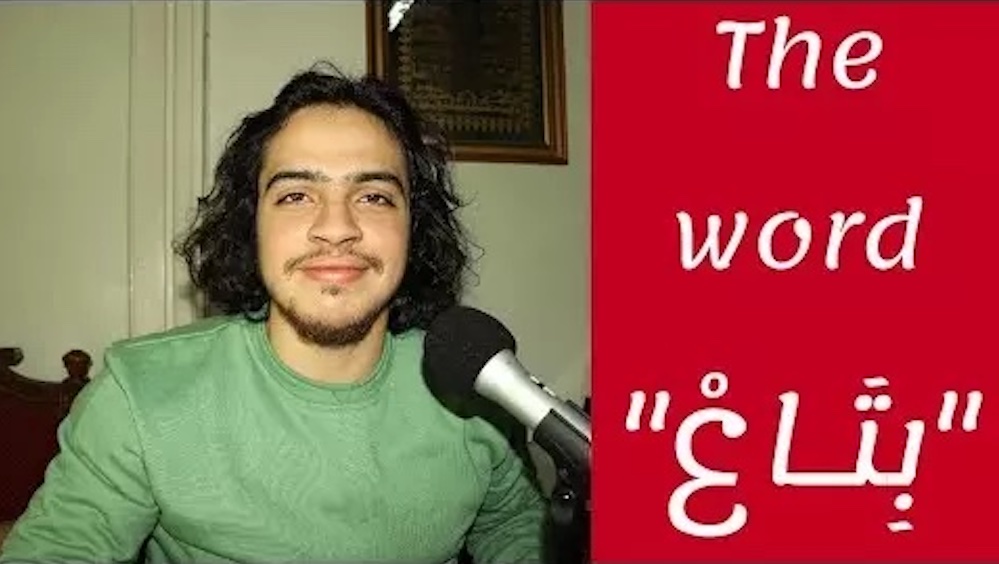

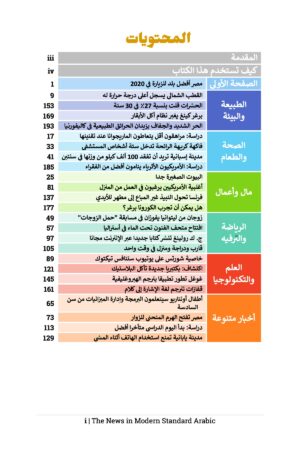

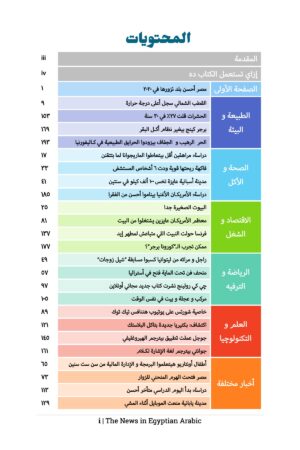
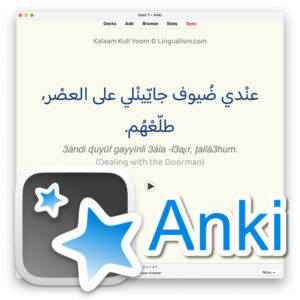



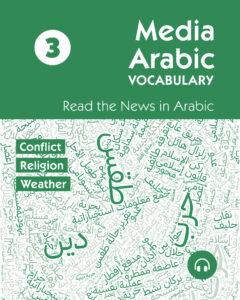
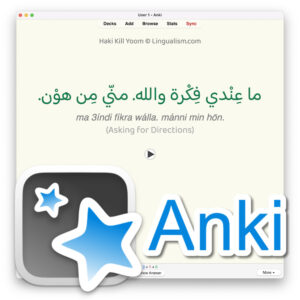
Thank you! 🙂 Very informative.
Great infos and explanations. But isn’t there another meaning: (the guy who is selling the newspaper) بتاع الجرائد
Hello, Sylvia!
Thanks so much for your comment.
You’re absolutely right. Thanks for adding this meaning. Great example, too. ?
Best regards,
Ahmad